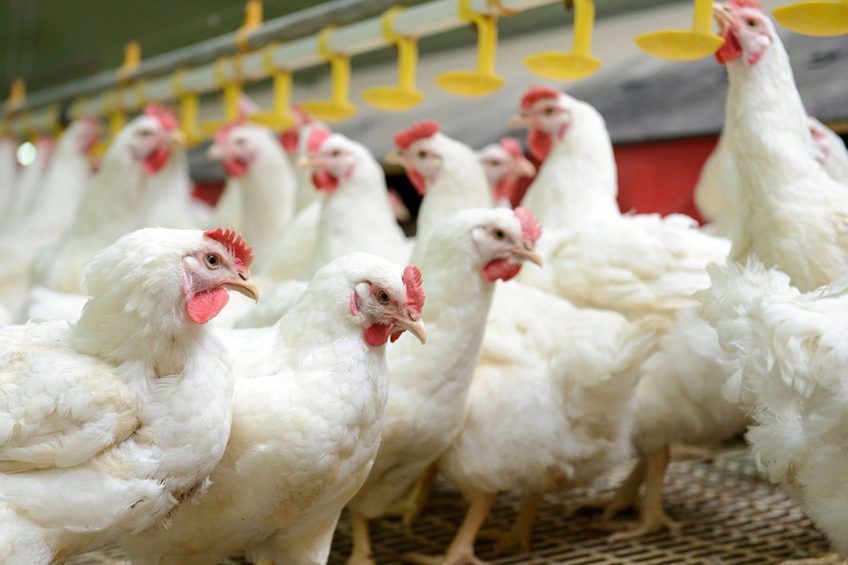Socio-economic evaluations of production disease controls

Good hygiene and herd management measures and design of poultry houses can add value to livestock value chains. But interventions are not economically or societally preferred per se because their financial and social viability is dependent on the characteristics of the interventions.
Those were two conclusions to come out of pan-European research looking at socio-economic evaluation of controls of production diseases in the pig and poultry sectors.
Led by Natural Resources Institute Finland (LUKE), the ProHealth research involved carrying out Value Chain Analysis (VCA) to calculate the financial effects on various actors in the value chain, in particular farmers and consumers. The work also examined how the studied interventions could affect other actors in the pig and broiler value chains.
The VCA was carried out to analyse four interventions to reduce production diseases in broilers and pigs. For broilers, two health management scenarios were examined:
• Enhanced veterinary treatment protocols
• A measure to improve leg health in broilers
In contrast, two disease mitigation scenarios were examined in the pig sector:
• Improved hygiene in pig fattening
• Sow genetics, management and handling measures reducing piglet mortality and better-targeted piglet feeding
The scenarios were parametrized with information obtained from trials conducted by the ProHealth consortium. Two generic value chain diagrams showing the linkages between stakeholders and value-added dimensions were designed for the two sectors.
Data on size, structure and financial performance were then collected for these specific sectors for Finland and the UK, which were used to illustrate the interventions. The physical parameters and also financial effects of the interventions were then described to illustrate their impact on the supply chain. In addition to farm level effects, the effects of the interventions were assessed at the market level using economic welfare analysis.
Results
Qualitative and quantitative techniques were used to analyse the effect of the interventions to improve animal health on the sectors. For the farmer, the views of stakeholders, including many consumers were solicited. Consumers were particularly appreciative of all four interventions studied as they improved animal welfare without medication.
The pig and broiler sectors in Finland and the UK are relatively small in terms of numbers of farms but in both nations, a small number of companies produce much of the output. The value of poultrymeat in Finland in 2017 was €292m in Finland and €1.54bn in the UK.
Lead author Jarko Niemi said that among the four interventions, improved pig hygiene was seen to have the largest potential to improve production efficiency and reduce costs. This corresponded to up to 5% reduction in the consumer price for pig meat.
For the other interventions it was calculated that their impacts on production efficiency corresponded mostly to less than 0.5% of the consumer price.
However, several interventions were found to add value to the supply chain. There appears to be market potential for interventions which are considered animal-friendly and carefully targeted, needs-based medication of the animals. Positive handling of sows and reduced piglet mortality, increased distance between broiler feeders and the drinkers and improved hygiene appeared to be win-win interventions which are likely to add both value to the consumer and financial benefits to the farmer.
Of the two poultry interventions studies, increasing the distance between drinkers and feeders would increase net margin in both countries by between 1-2%. Enhanced treatment protocols for broilers would however reduce the financial performance because of the increased costs involved.












